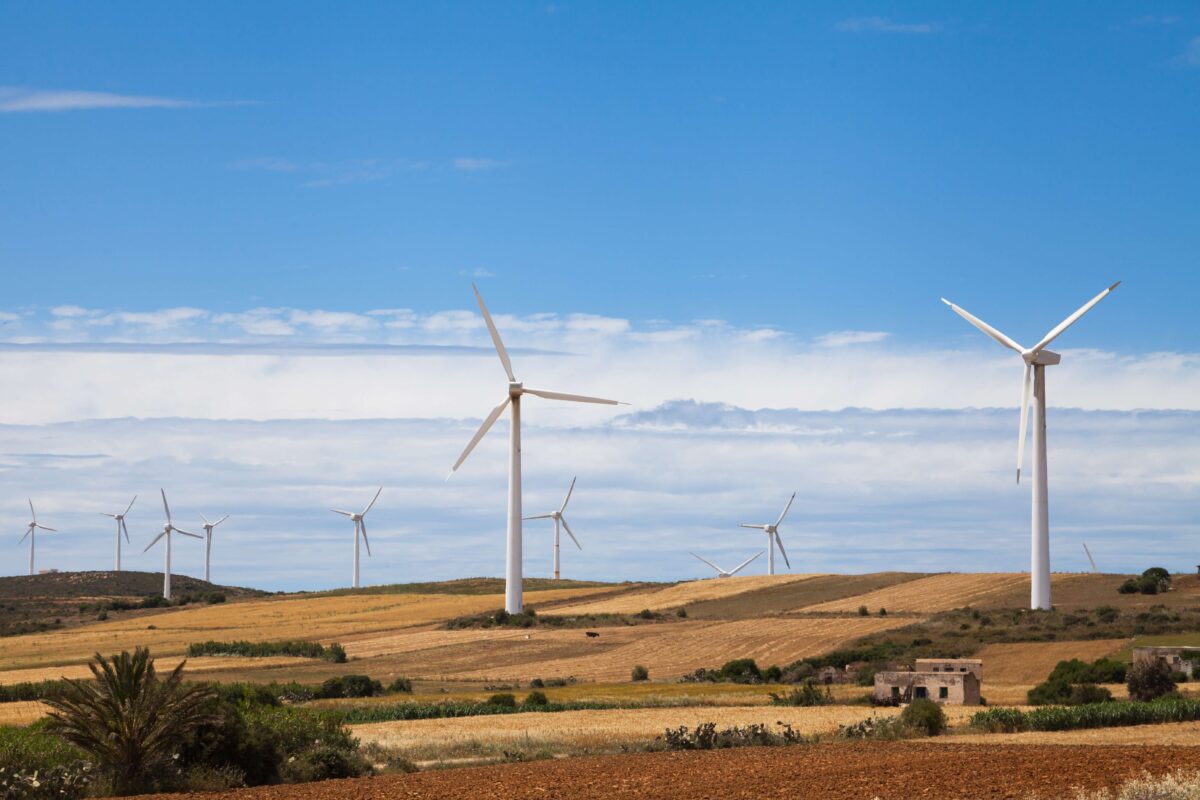Exploring the benefits of a holistic approach to energy development initiatives
New study highlights the power of language in women empowerment projects and suggests commonality is key when garnering community support.
A study co-authored by INTEGRATE Research Fellow, Dr Stephanie Hirmer, has found that a holistic approach based on gender and community values is essential when designing women empowerment energy projects in Low- and Middle-Income Countries (LMICs).
The research outlines how energy projects that focus on women empowerment have concentrated excessively on the female experience and ignored gender dynamics and community relationships. This well-intentioned, but narrow approach can unfortunately be to the detriment of women. Abrupt changes in financial circumstances from initiatives such as micro-finance or electrification programmes can negatively alter household relations. This has been seen to exacerbate domestic tensions and in extreme examples, increase domestic violence.
Dr Hirmer says, “empowerment projects should consider local values and take into consideration the community as a whole organism, benefiting equally from energy access projects.”
The interdisciplinary team of authors studied data from seven rural Ugandan communities and found that men and women held the same high-priority underlying values which focused on basic human needs such as income, healthcare, information services, food security, and water security. However, there were some differences in the language used to communicate these values. For example, men associated the term ‘reputation’ with oneself and masculinity. Whereas for women, it was more closely related to outward-facing values such as possessions, appearances and social stability. This language-based approach at the intersection of engineering, social and computer science highlights value-based insights that are not obvious in siloed studies.
Dr Antonella Mazzone, co-author and Research Associate at the Centre for the Environment, University of Oxford “we now know that gendered power dynamics are reflected and created by language – understanding the way people express their gendered values through language is key to developing a gender-balanced need-based approach and ensures energy development projects do not reproduce patriarchal values.”
Understanding gendered variations in language and values are essential when approaching new energy development projects. The authors suggest that tailored messaging would assist in communicating the shared values to different demographics, in this case, men and women.
Additional recommendations included actively incorporating both men and women in the discussions to ensure ‘buy-in’ from the whole community, and being mindful of not reproducing patriarchal values and gendered harms. The paper concludes that in the face of overwhelming persistent inequalities, a more critical approach to energy development initiatives is needed.
Read the full report
Photo by Random Institute on Unsplash




